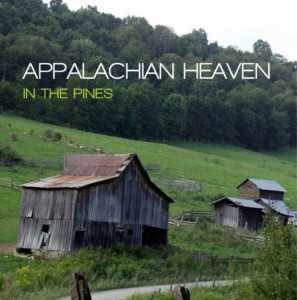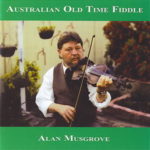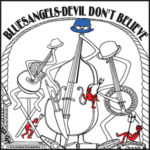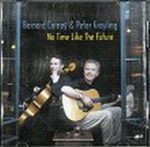Description
CD review by Chris Spencer
Appalachian Heaven is a six piece traditional string band, playing a repertoire derived from Northern American music but based in Victoria.
However most of the music is from the southern states of the USA!
The band members include several singers and play a variety of instruments including fiddles, guitar, dobro, double bass, mandolin and claw hammer banjo.
The band has two female vocalists, Genevieve Donaldson and Kim Wheeler, but Ian Alexander is the only male member to sing on this recording – on “Dixie Darlin’”, which is almost hidden away at the end of the album.
There are also several instrumentals: “Pike’s Peak”, “Paddy on the Handcar”, “Ookpik Waltz”, “Waynesboro”, “Julianne Johnson”, “Wild Rose of the Mountain” and “Three Thin Dimes”, which are interspersed among the songs with vocals, which helps provide interest but does not break the overall feel of the album nor the continuity of the music.
The title track may be well known to some readers and as Ian Alexander notes in his comments about each song, it has other titles and many other versions.
I am concerned that a song of the same title of which I am more familiar, appears on several albums of The Triffids and is credited to the late David McComb.
On a further listen to both tracks, while they share the same first two lines, ‘In the pines, where the sun never shines’, the rest of the lyrics are different.
Just how much of a traditional song can a songwriter, even inadvertently, claim as their own?
Other tracks that the band covers include “Oh Atlanta” – they call their version ‘country’ – “44 Gun”, “Gypsy Girl” which has several bars of music that remind me of “Campdown Races”, and “Bear Creek Blues.”
In his notes about each song, Alexander relates how the band came to learn the song or explains its origin.
As someone who is not a big fan of bluegrass, I found much to like about this album.
The playing is uncluttered, simple, yet musically strong.
Each instrument is given its turn to take prominence.
The production, by Gerry Hale is sympathetic.
Also, there seems to me, there is an element of restraint on the album: there are no really fast tunes, with perhaps the exception of the last track, “Three Thin Dimes” and even then, the tempo is not manic, but which on stage could become an out and out hoedown!





